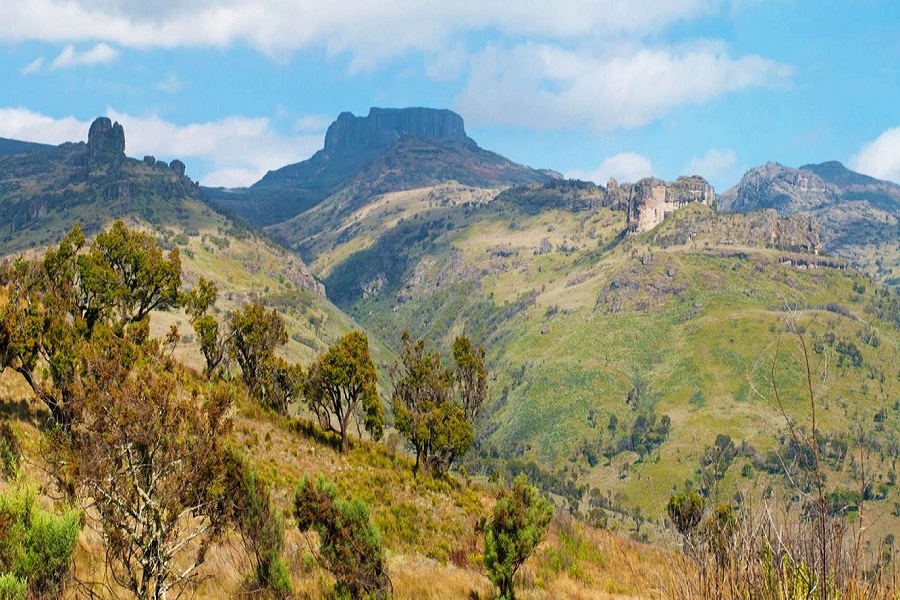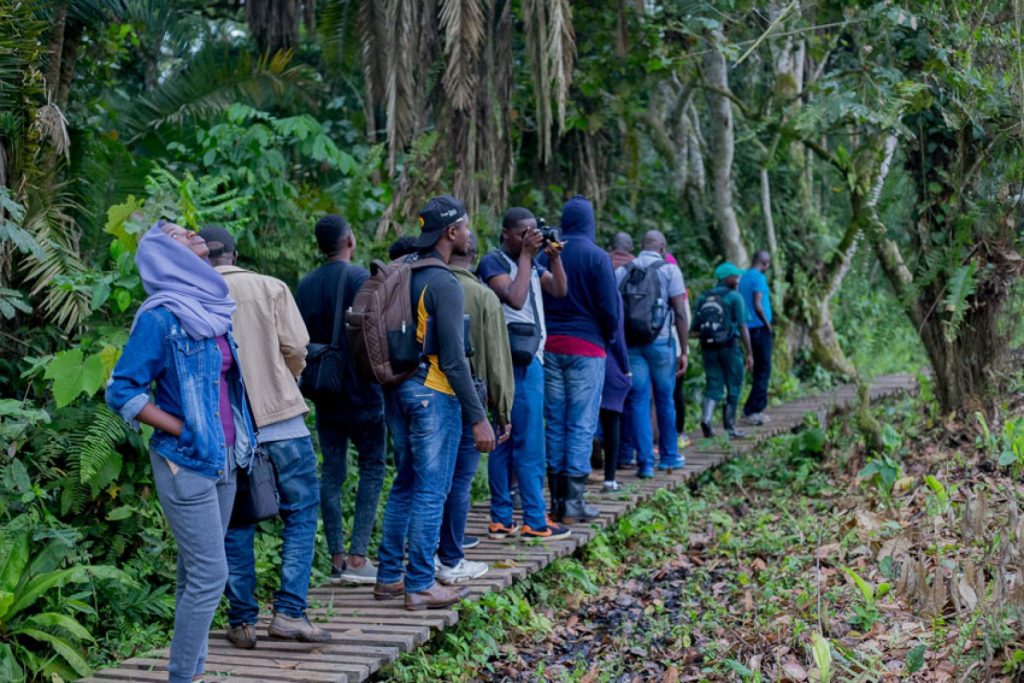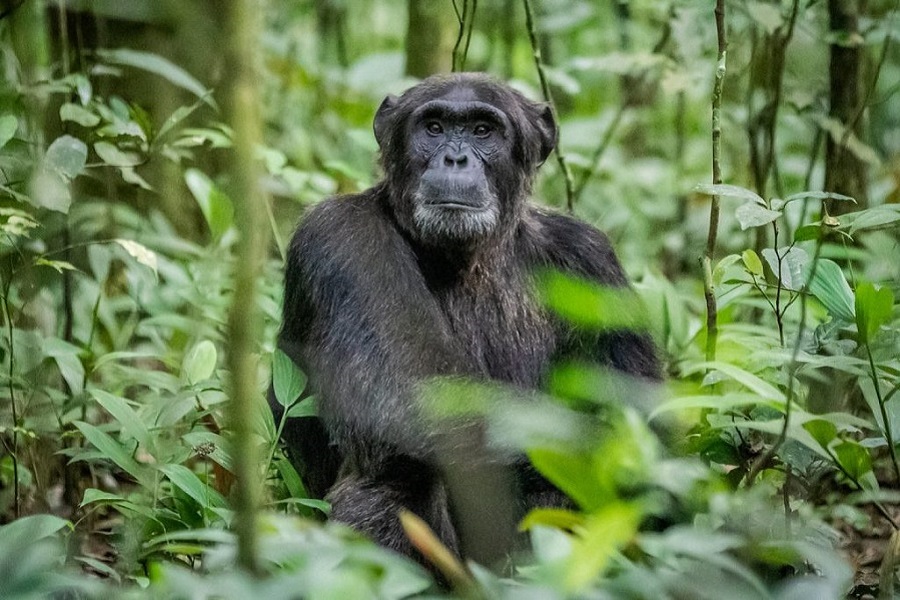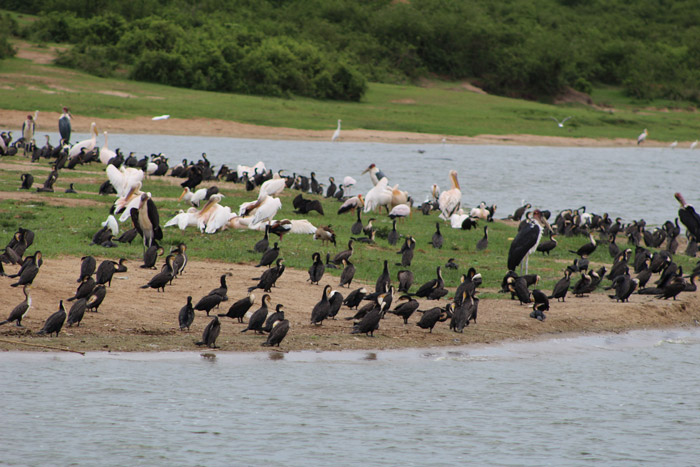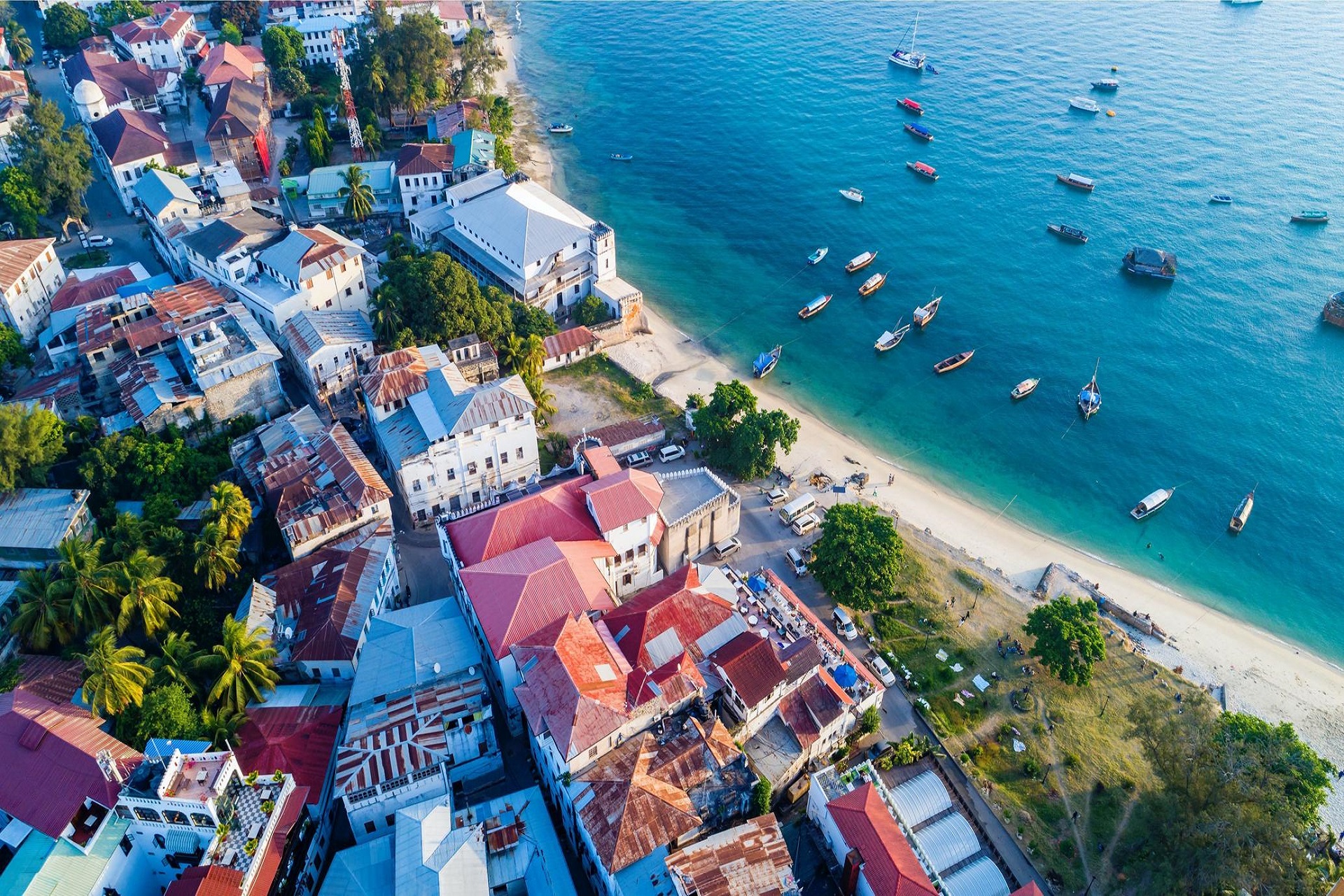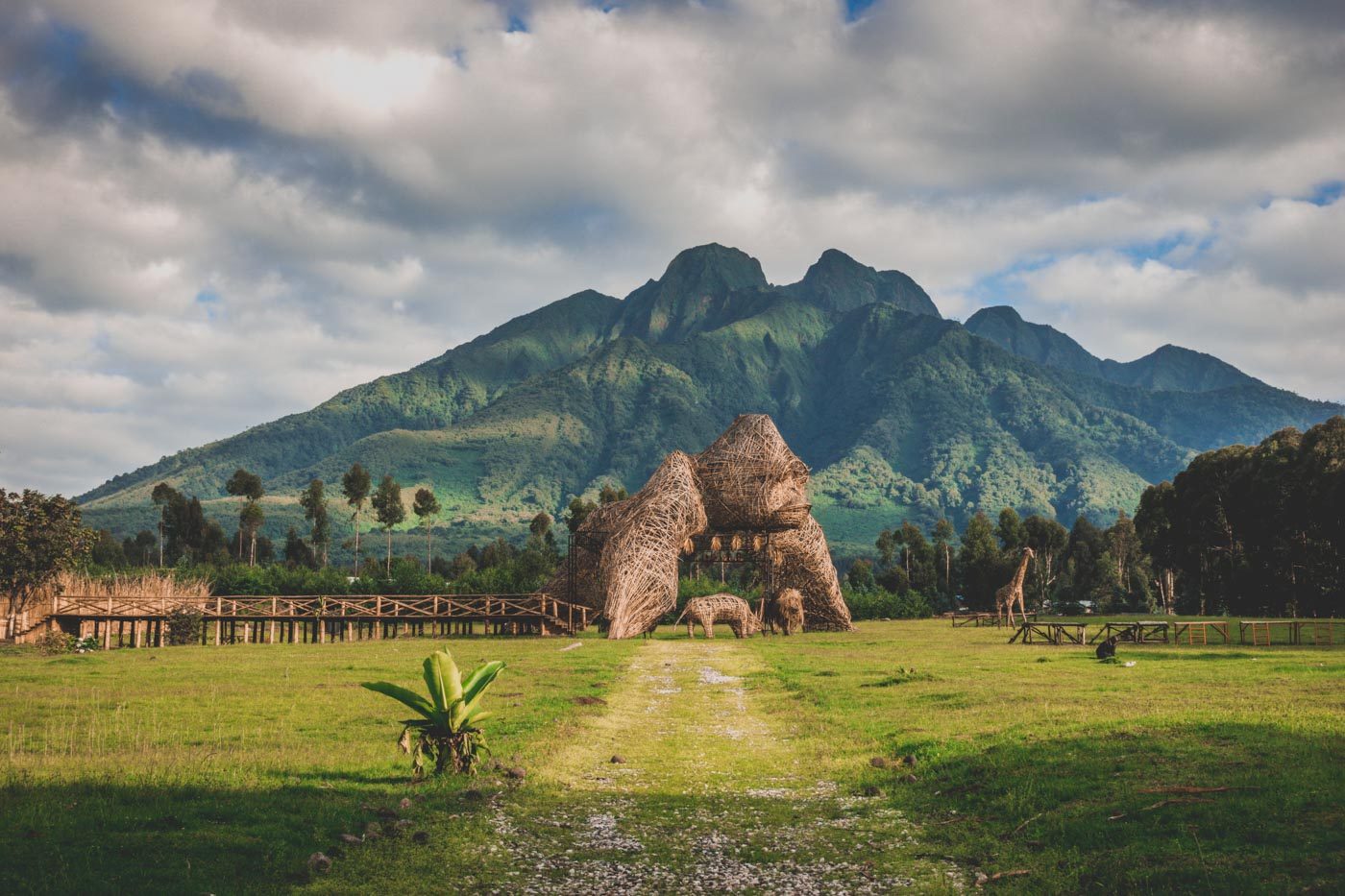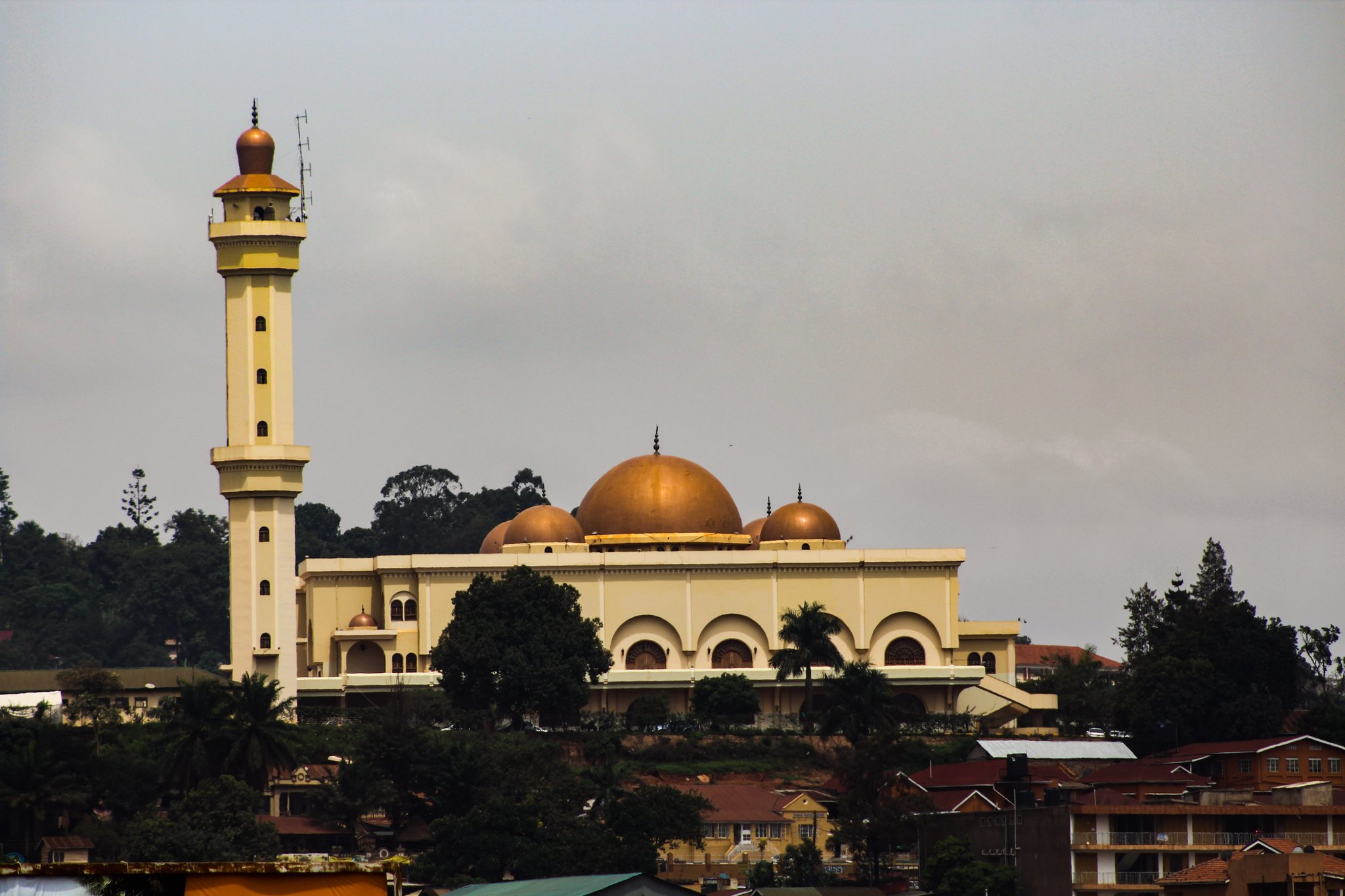
Welcome home dearest friend !!! Extending Over a series of rolling hills and swampy valleys at the head of Lake Victoria’s Murchison Bay, Kampala, the economic and social hub of Uganda, is the archetypal African capital Extending Over a series of rolling hills and swampy valleys at the head of Lake Victoria’s Murchison Bay, Kampala, the economic and social hub of Uganda, is the archetypal African capital – more verdant than many of its counterparts, not quite so populous or chaotic as others but essentially the familiar juxtaposition of a bustling compact high-rise city center rising from a leafy suburban sprawl, increasingly organic in appearance as one reaches its rustic periphery. The city also known as “crazy crazy” Kampala is the party capital of East Africa.
As a city, Kampala’s history dates back to the arrival of Captain Frederick Lugard, who established his camp on the stumpy Kampala Hill in 1890. However, the more prominent of the surrounding hills had already been used by the Bugandan kabakas for their kibugas (citadels). Kasubi Hill, only 2.5km northwest of the modern city centre, served briefly as the capital of Kabaka Suuna II in the 1850s, and it also housed the palace of Kabaka Mutesa I from 1882-84, while Mengo Hill formed the capital of Mutesa’s successor Mwanga, as it has every subsequent kabaka. The name Kampala derives from the Luganda expression ‘Kosozi Kampala’ – ‘Hill of Antelope-a reference to the domestic impala that cropped the lawns of Mengo during Mutesas reign.
In the first decade of the post-independence era, Kampala was widely regarded to be the showpiece of the East African community: a spacious garden city with a cosmopolitan atmosphere and bustling trade. It was also a cultural and educational center of note, with Makerere University regarded as the academic heart of East Africa. Under Idi Amin, however, Kampala’s status started to deteriorate, especially after the Asian community was forced to leave Uganda. By 1986, when the civil war ended, Kampala was in complete chaos: skeletal buildings scarred with bullet holes dotted the city centre, shops and hotels were boarded up after widespread looting and public services had ground to a halt, swamped by the huge influx of migrants from war-torn parts of the country.

